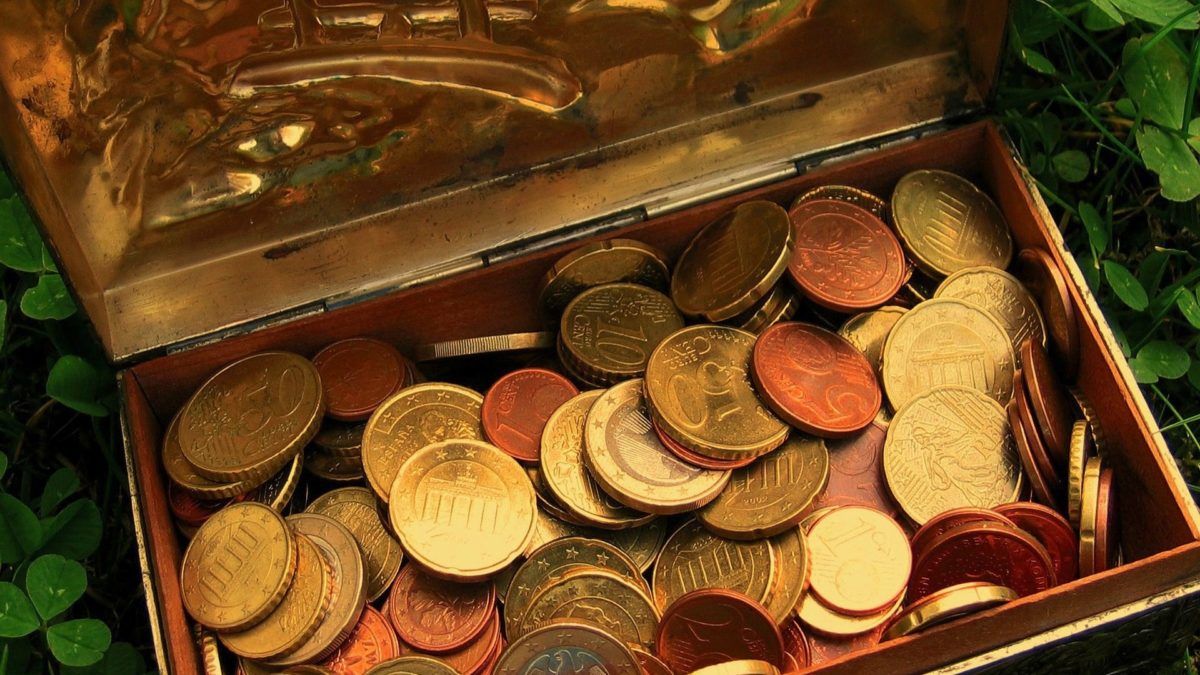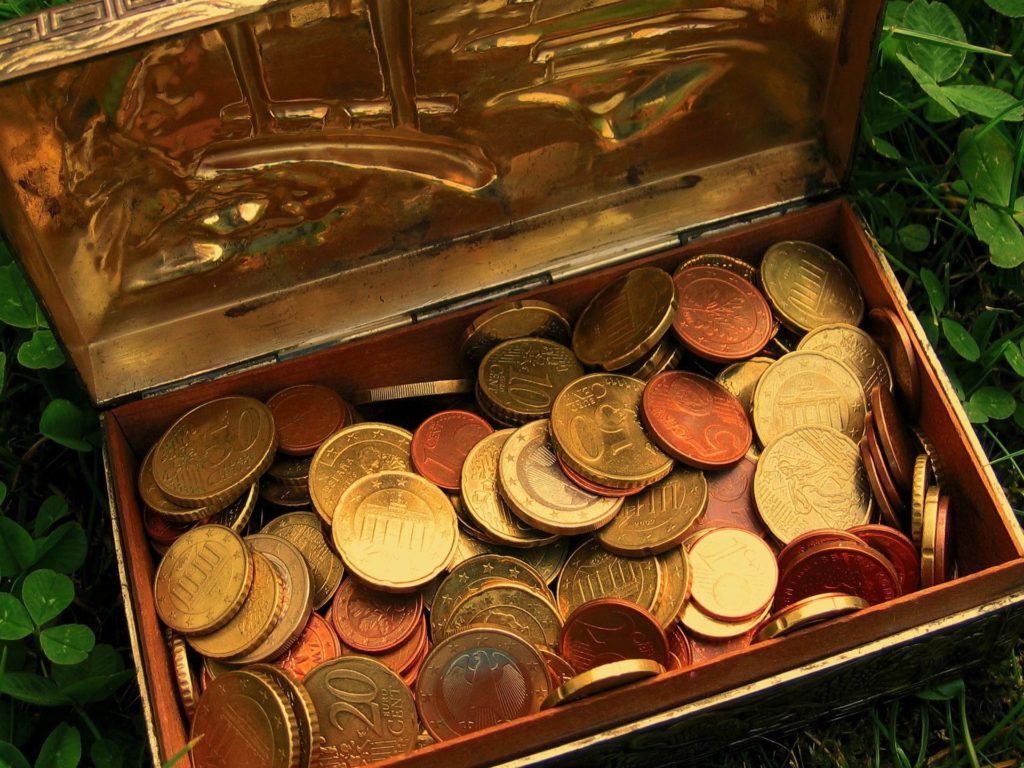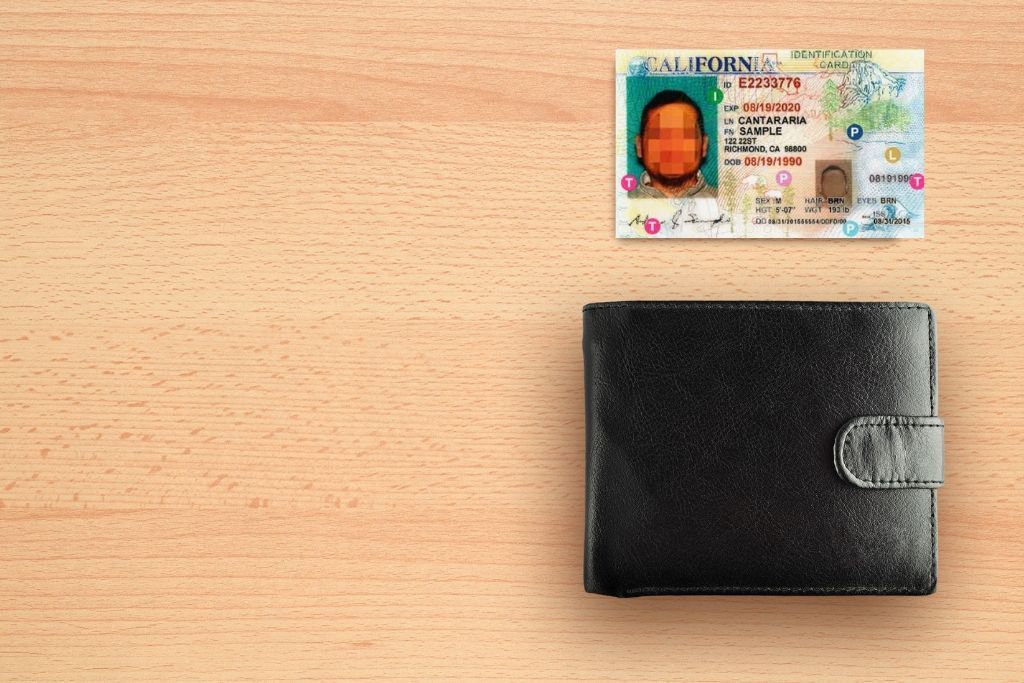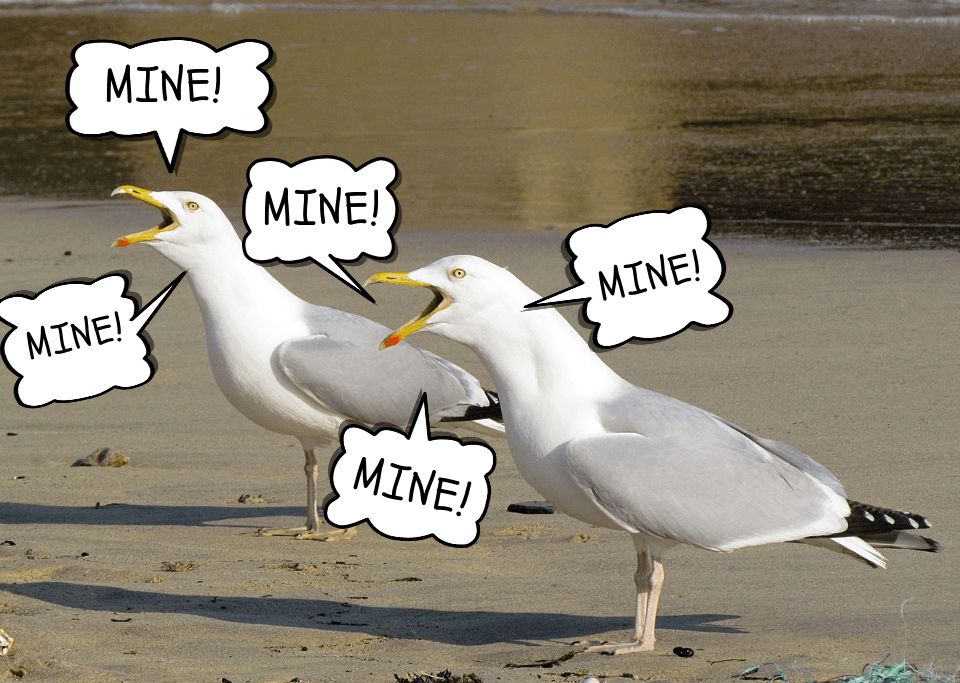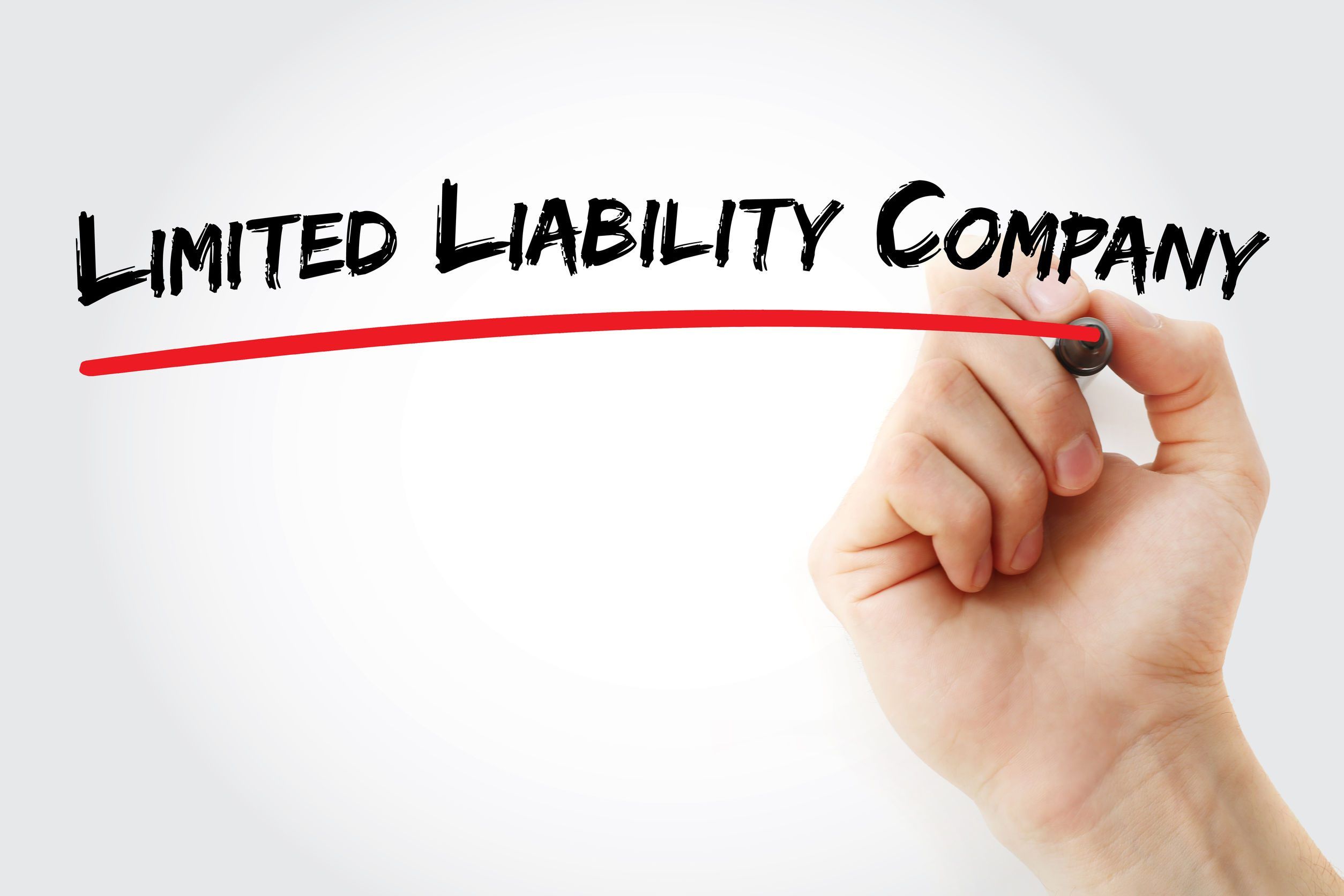
How to set up an LLC in 3 easy steps
September 24, 2018
Good record keeping is important for your family’s sake
October 15, 2018Identifying Your Estate Assets
Your Assets may be Hidden Treasure for your Family
What is an asset? An asset is anything of value or a resource of value that can be converted into cash. Your assets can include both personal and real property. Personal property could be cash, coin collection, art, jewelry and furniture. Real property is real estate, such as your residence, investment or vacation property. Legally held property, such as real estate, bank accounts and certain investments may be transferred into a trust to protect your estate from going through probate. Specific documents and procedures are necessary to be done before you die in order to avoid probate. One way to easily identify your assets is by including them in a list, known as “Schedule A.” This list helps to locate your property and distribute it easily. If your family is unaware of a coin collection in the attic, it may never be found.
Finding the Treasure Requires a Map
Is your list of assets actually a treasure map for your family to find? Are your worldly possessions safe? Do you keep them stored away in a box in your closet or trunk at the foot of your bed? Maybe your trunk is multi-purpose and also serves as a coffee table! Maybe you have a few hundred or thousand dollars stored away for an emergency. I have always kept a few hundred dollars in my home for emergencies if the bank is closed. While you may think keeping valuables hidden at home may be a good place to keep your assets safe, it may not be as safe as you think, especially after you’re gone.
We have all heard about that lucky someone who buys a picture from the garage sale and later finds out that it had a lot of cash hidden in the back of the frame. Or, perhaps you remember an old coin collection your father had but you cannot figure out where it is. Will your family know what you have and where it is? Instead of creating a treasure hunt for your family, consider making a list of your assets. The list should identify your property and its location.
Include a List of Assets to your Will or Trust
Type or write down what you have and where it is. Then, place the list in your estate planning binder. If you attach schedule A to your trust or to your will, then your successor trustee or your executor will have instructions on where to find your assets.
I have heard countless stories from my clients who have spent months, even years, trying to locate their parent’s property. This also applies to real property. It’s not an easy task when you want to know if someone owns real property and where it is located. To do this, you’ll need to perform a property search in every county where you think they owned real estate. This can be a daunting project. Whether your real estate is in your name alone or you own a shared interest with others, it is a good idea to include the property address on your list.
Whether you own real or personal property, making a list of your assets and the location is a great idea so nothing falls through the cracks. Your family will thank you for it. Once you have made a list, it’s essential that you keep good record keeping habits to keep the list updated as your assets change over time.



